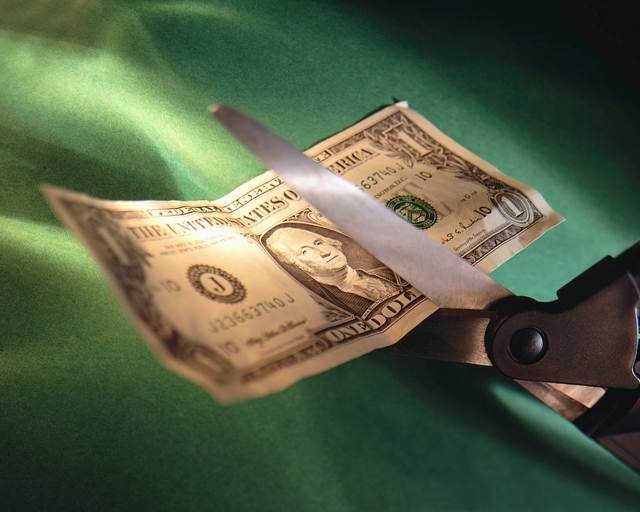2013 Jobs Forecast For Nurses
December 31, 2012Customer Service Training is the Key to Success
January 3, 2013[responsive]
While saluting Congress and the White House for reaching the agreement, Karen Daley, RN, PhD, FAAN, president of the American Nurses Association, voiced concern about the potential harm of the 2% payment reduction that still might take effect at some point: “Without a comprehensive solution, Medicare cuts triggered by the sequester will lead to job losses and put millions of vulnerable people at risk of not receiving the healthcare they need.” The President of the American Health Care Association (AHCA), Mark Parkinson also lamented over the many cuts that were already put into place in 2012, and warned that nursing homes face their own “cliff.” “This profession needs a break to return as healthy contributors to economic growth while delivering quality-driven healthcare,” said Parkinson.
Specifically in New Jersey, The 2 percent cut would cost New Jersey health care facilities $133 million in 2013, affecting hospitals, nursing homes and physicians who accept Medicare, the federal health insurance program for seniors. “This is making people in my position very anxious,” said Morristown Medical Center President David Shulkin. “This will have extremely serious consequences for the state of New Jersey.”
It’s not just the money. A report from Tripp Umbach, a firm specializing in economic impact studies, estimated if the cuts take place, New Jersey would lose more than 14,000 health-related jobs next year. The study finds New Jersey’s job losses would rank 10th in the nation, which would lose nearly 500,000 jobs in the healthcare industry in 2013.What this means for the 1.4 million New Jerseyans on Medicare is unclear, and much depends on what, if anything, Congress decided to do about Medicare in the coming year.
Sources:
http://thehill.com/blogs/healthwatch/medicare/275205-nursing-homes-praise-cliff-deal
http://www.nj.com/news/index.ssf/2012/12/fiscal_cliff_cuts_could_weaken.html
http://news.nurse.com/article/20130102/NATIONAL02/112310006/-1/frontpage



